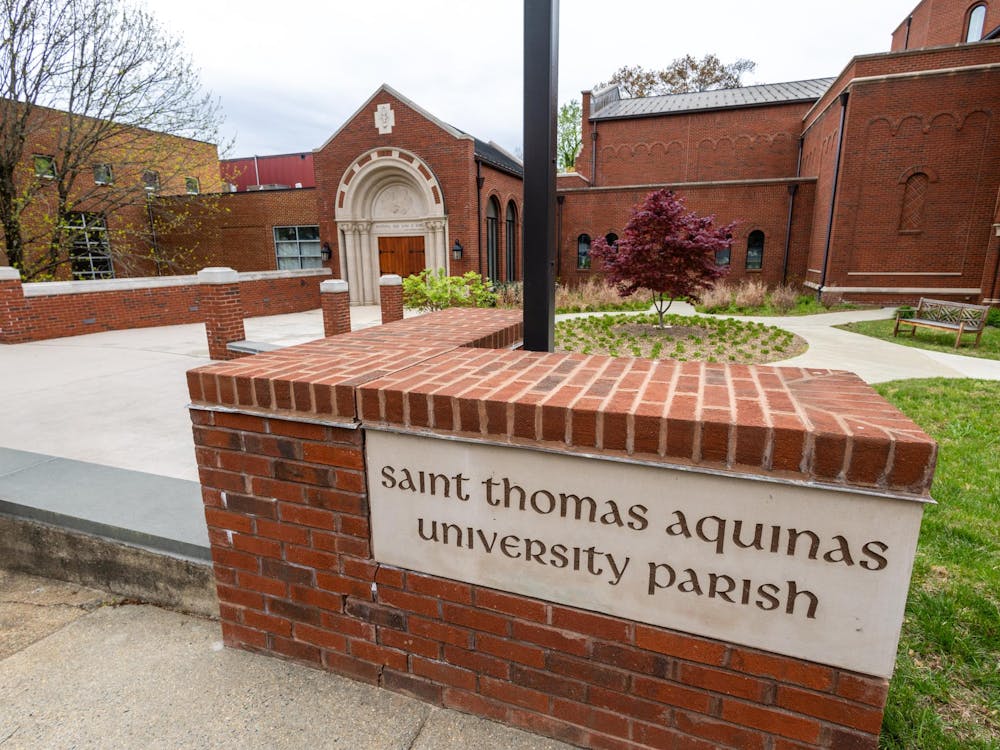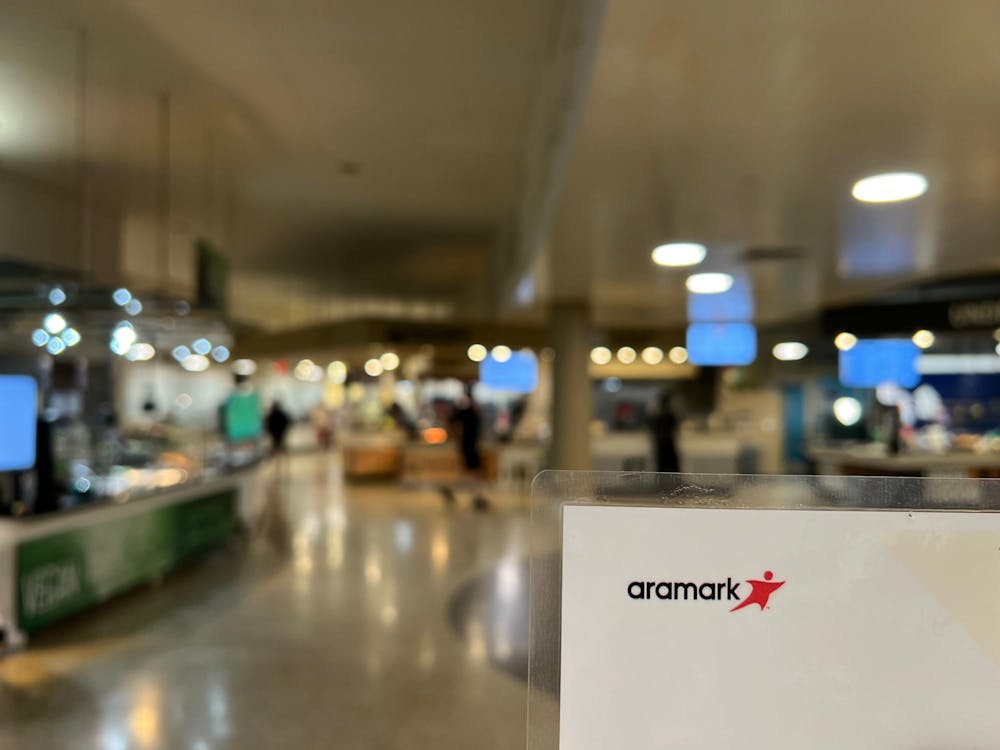With local and national blood supplies dipping to dangerously low levels, Virginia Blood Services spokesperson Nancy Deane offered a frightening scenario: a bad accident lands you in the emergency room and you need a blood transfusion -- fast. But supplies of universal blood types, O-positive and O-negative, are critical and neither is immediately available.
Although Charlottesville's blood shortage has yet to reach such disastrous proportions, current blood levels, especially those of O-positive and O-negative blood, are low and in some instances, critically low.
And the problem is not limited to Charlottesville, or even Virginia.
"The situation is throughout the entire nation," Deane said. "Every blood center is low or critically low on blood supplies and for that reason, the federal government has joined forces with [local blood centers] to send out an appeal nationally for blood donations."
Tuesday the government's Health and Human Services department launched a call for donations in conjunction with the country's blood banks, in an effort to increase supplies.
According to Sharon Pavlovsky, spokesperson for America's Blood Centers, an association which collects about half of the nation's blood supply, the national appeal helps to bolster local appeals and educational efforts.
"It shows it's an issue across the country [and] raises awareness of the larger problem," Pavlovsky said.
The national shortage of blood is particularly worrying for Virginia Blood Services, the sole supplier of blood products to Central Virginia hospitals, Deane said.
In its 30 years of operation, the organization has never been able to collect 100 percent of the blood needed in Central Virginia.
"We are usually able to collect about 80 percent of the blood needed in Central Virginia," Deane said. "In Charlottesville, we only collect 50 percent of what hospitals there need."
To make up for the deficit, Central Virginia imports in blood from other areas.
"In the past we have had to import about 20 percent [of blood products] from other communities in the United States at great cost to the hospitals and their patients, but now that there's a national blood shortage, that excess blood that we've been able to import is not always available," Deane said.
Thus, although this year's blood supply levels are close to those held every winter, Virginia Blood Services is now unable to easily locate and purchase as much outside blood.
"We're fighting with the whole nation trying to get additional blood," Deane explained.
Throughout the country, January tends to be a poor blood collection month, Pavlovsky said, noting increased instances of illness and inclement weather.
This year, however, more of America's Blood Centers' members are reporting one day's supply of blood or less on their shelves.
As of yesterday morning, 20 of the group's 94 collection centers were "in red," Pavlovsky said. The number has been as high as 33 this year.
In the local struggle to collect blood, the University has played an important role. From October 2002 to September 2003, colleges and universities collected 2269 units of blood for Virginia Blood Services. The University, which donated 536 units last year, was the largest donor.
"We've had some wonderful drives [on Grounds] and without that I don't know where we'd be," Deane said.
It takes 350 units to adequately supply Central Virginia with blood for a single day and both Deane and Pavlovsky emphasized the need for new donors.
"It takes about an hour of your time and one pint of blood can save up to three lives," Pavlovsky said.






